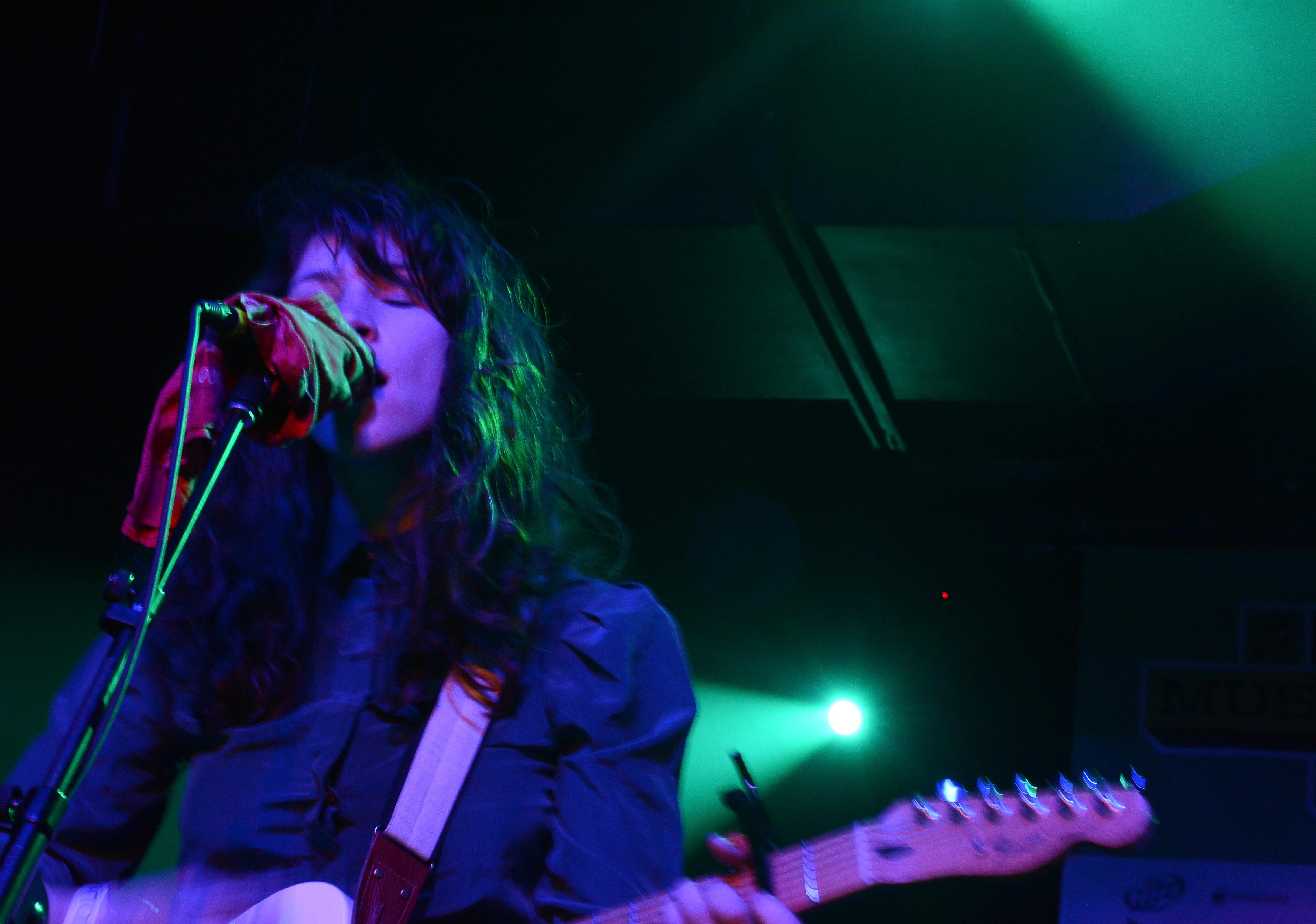Got an excellent query from reader D.M. about growth and gentrification in Austin:
My friend lives in Austin and covers the music scene there. He says that he and other writers are concerned that the city’s fast growth is driving property values so high, and so quickly, that the music venues for which the city is famous (and are in fact a magnet for its growth) will soon become priced out of existence. He says the margins for music venues are already pretty tight (tighter than a typical bar) and thus the city’s status as a live music hub is at risk.
I countered by saying that more people in Austin means more demand, especially since Austin continues to draw young, progressive people who are relatively well-off. These are exactly the kind of people who go to live music venues. If the demand is there, it will somehow be met. You can’t have that many people wanting live music without someone providing it.
There is merit to both of these views. My take is that D.M. is probably correct all things considered, and that he’s probably correct largely because he’s somewhat overestimating the extent to which Austin’s music scene is genuinely a magnet for the city’s growth. If the marginal incoming Austinite was basically identical to the average incumbent Austinite (a music-loving hipster who wants to live in a quirky Texas college town) then it should be true that price pressure on existing venues is balanced out by increased overall demand for live music services. As always in life you’d probably see some individual businesses fail and/or relocate but there’s no reason to think the entire cluster would be ruined.
But though Austin certainly has some unique virtues, I think the main reason it’s gone into such supercharged growth lately—the metro area doubled in size between 1990 and 2010 and has added about 120,000 new people since the 2010 Census—is that it’s actually a pretty generically appealing place. Among Southern metro areas, Austin has the second-highest median income (behind Raleigh) while benefiting from the usual warm weather and low cost of living that benefits the rest of the sunbelt. By the numbers, the best place to move is still Minneapolis, but if you’re scared off by the cold then Austin just looks really solid even if you don’t care at all about music.
And that’s the problem for Austin. As cities grow, they tend to become more generic. That’s why population growth in Washington, D.C., is fulfilling the mythical “Plan” to turn the capital white. Since most Americans aren’t black, when a whole bunch of people move to a majority black city, they tend to dilute its existing blackness. By the same token, most Americans aren’t that into indie music (which is what makes it indie), so if a whole bunch of people move to Austin they’re going to dilute its existing hip music scene. So even as overall demand for cool music venues rises, relative demand will fall and there’ll be pressure to convert space into some more broadly appealing use.
Now we get into the part where the fact that I’m not super-familiar with Austin plays a role. Basically all the artsy stuff that was in Manhattan when I was growing up seems to be gone, but it just hopped over the East River into Brooklyn and Long Island City rather than migrating to Toledo, Ohio. It’s entirely possible that the music scene will become decentered and more peripheral without actually vanishing.
